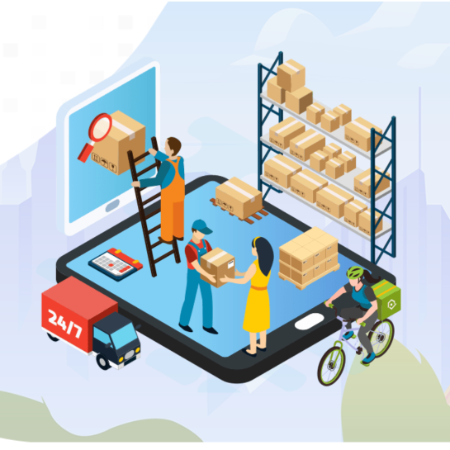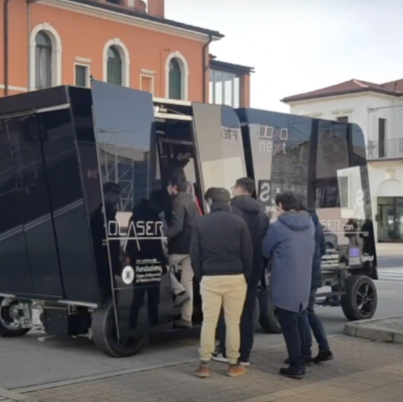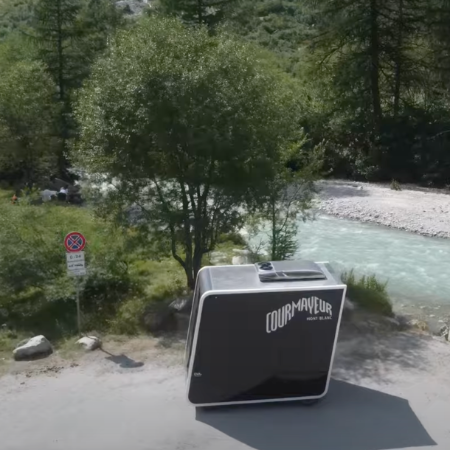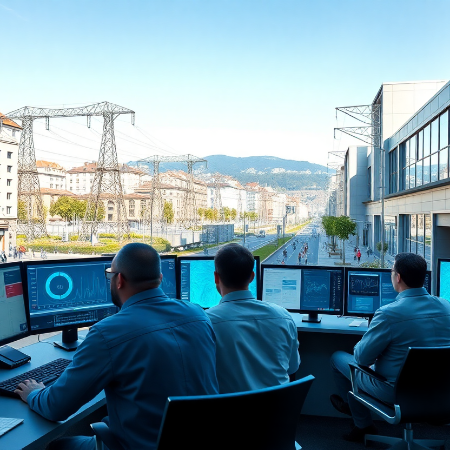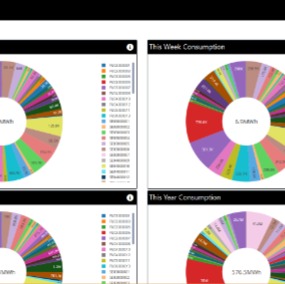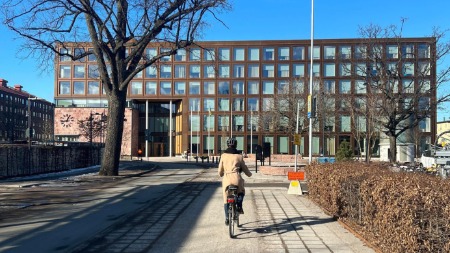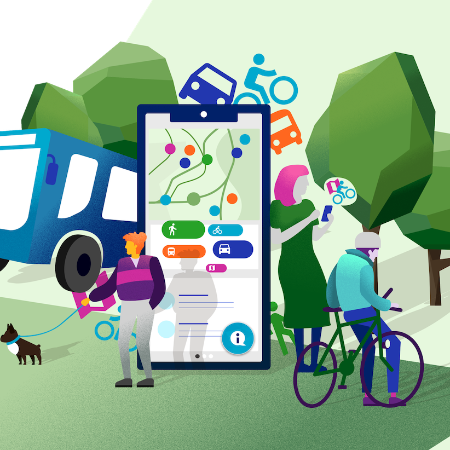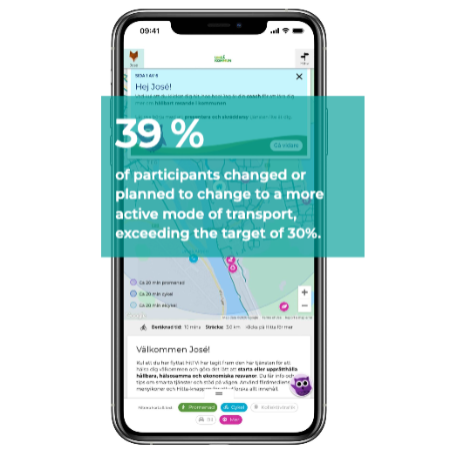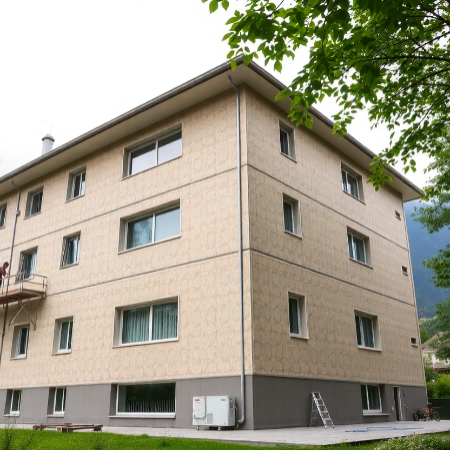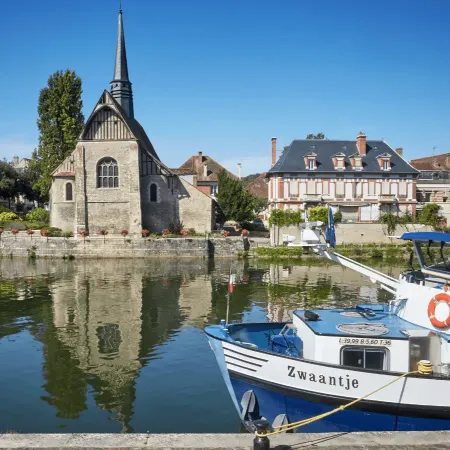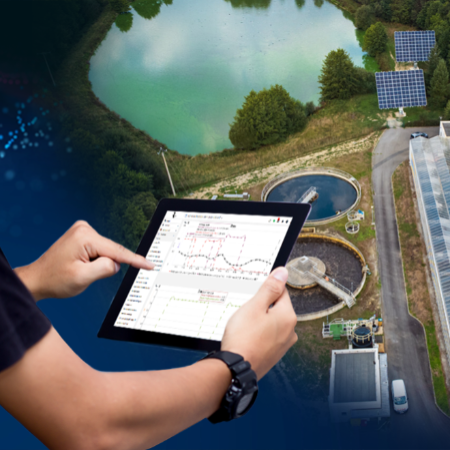01. Benefits
Benefits of Smart Cities
- Environmental impact: reducing the CO2 footprint is the main driver behind the development of smart and sustainable cities. Improving energy efficiency and storage, waste management, traffic conditions are among the greatest advantages.
- Optimized energy & water management: smart grids and smart water management are recurring themes of smart cities. Energy consumption and potable water monitoring ensure the availability of energy and the quality of tap water across the city.
- Transportation: clean and efficient transportation of goods, services and people is essential. In the hope of optimizing mobility, many cities are turning to smart technologies to ease traffic congestion and provide users with real-time updates.
- Security: safety is a priority for all cities. The accelerated development of smart cities should allow municipalities to better monitor their citizens thanks to CCTV cameras with facial recognition. In addition, state-of-the-art CCTV cameras are also equipped with motion and smoke detectors, as well as fire alarms.











